To mow or not to mow? That is the question every May
Two charities are urging gardeners to stay their own hands and refrain from mowing their grass in a bid to support biodiversity.

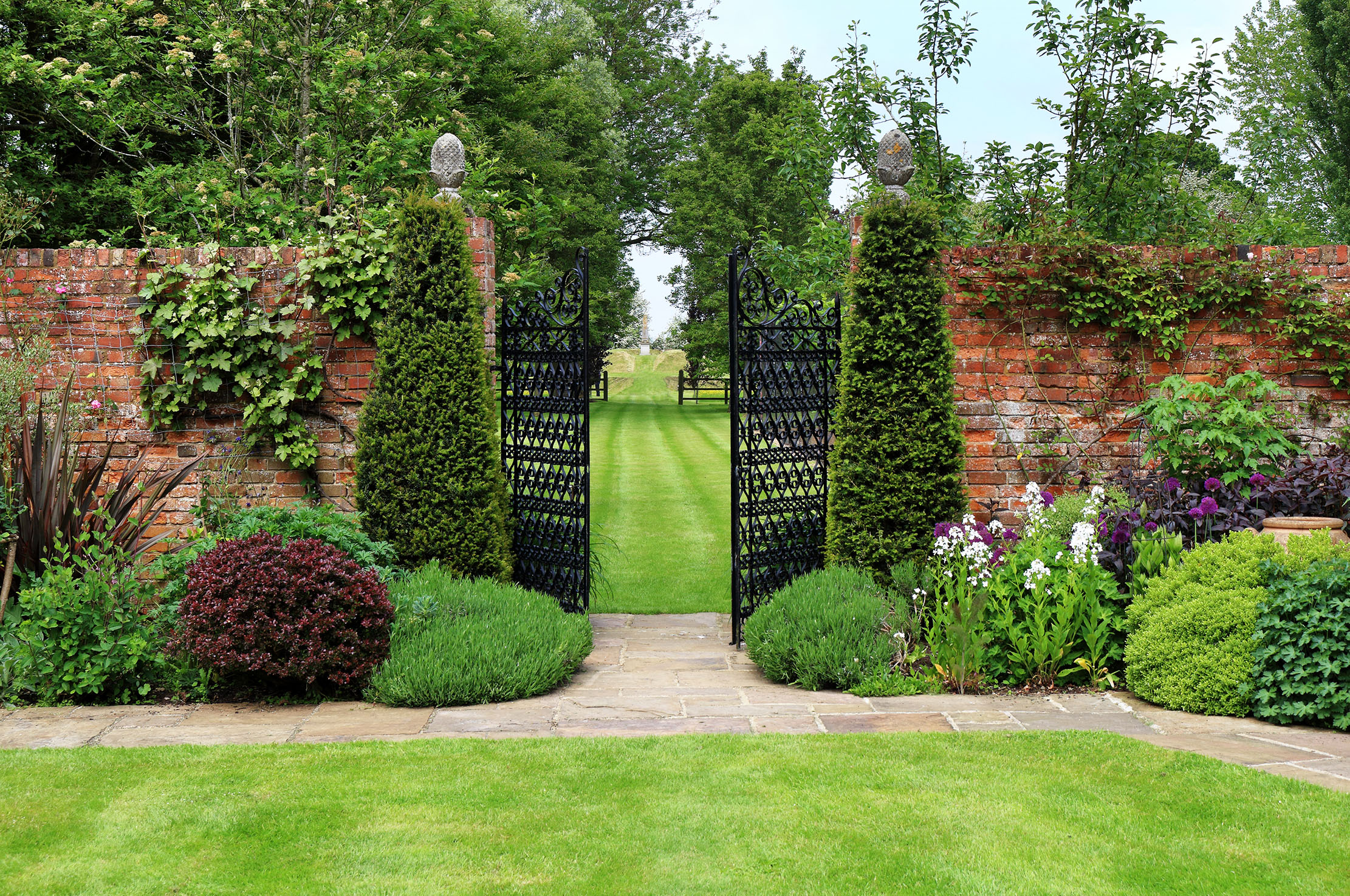
Exquisite houses, the beauty of Nature, and how to get the most from your life, straight to your inbox.
You are now subscribed
Your newsletter sign-up was successful
Plant charity Plantlife has launched its annual No-Mow May campaign, asking people to let their lawn grow throughout the month. This allows wild plants to flourish, which, in turn, helps insects thrive, particularly if dandelions are present — according to Plantlife, eight dandelion flowers are enough to produce nectar sugar that meets an adult bumblebee’s baseline energy requirements.
And Plantlife's CEO Ian Dunn says that the message is really hitting home.
'A radical shift in attitudes towards lawn management is under way and it is to the benefit of plants, pollinators, people and planet,’ he says.
In recent years the question of what to do with your grass — should you should mow your lawn? should you not? — has been catapulted into the spotlight by, among others, national treasure Monty Don.
'Cutting grass burns lots of fossil fuel, makes a filthy noise, and is about the most injurious thing you can do to wildlife,' Monty explained in comments to the Radio Times.
'Letting grass grow, which is, after all, a pretty passive thing to do, is probably the single most effective thing you can do in any garden of any size to encourage particularly insect life, but also small mammals, invertebrates, reptiles.'
Our columnist Alan Titchmarsh had some sympathy with the Monty Don view, but another Country Life regular contributor, Charles Quest-Ritson was, well, pretty horrified.. He wrote an impassioned piece in defence of mowing the lawn in which he called our manicured swards 'the envy of the world'.
Exquisite houses, the beauty of Nature, and how to get the most from your life, straight to your inbox.
[READ MORE: 'Charles Quest-Ritson: 'Our beautiful lawns are the envy of the world... and the idea of rewilding your garden is nonsense']
Charles's argument is that there's plenty of space away from gardens where weeds can grow perfectly well, without welcoming them in to the outdoors spaces which are so much a part of our homes — and more so these days than ever.
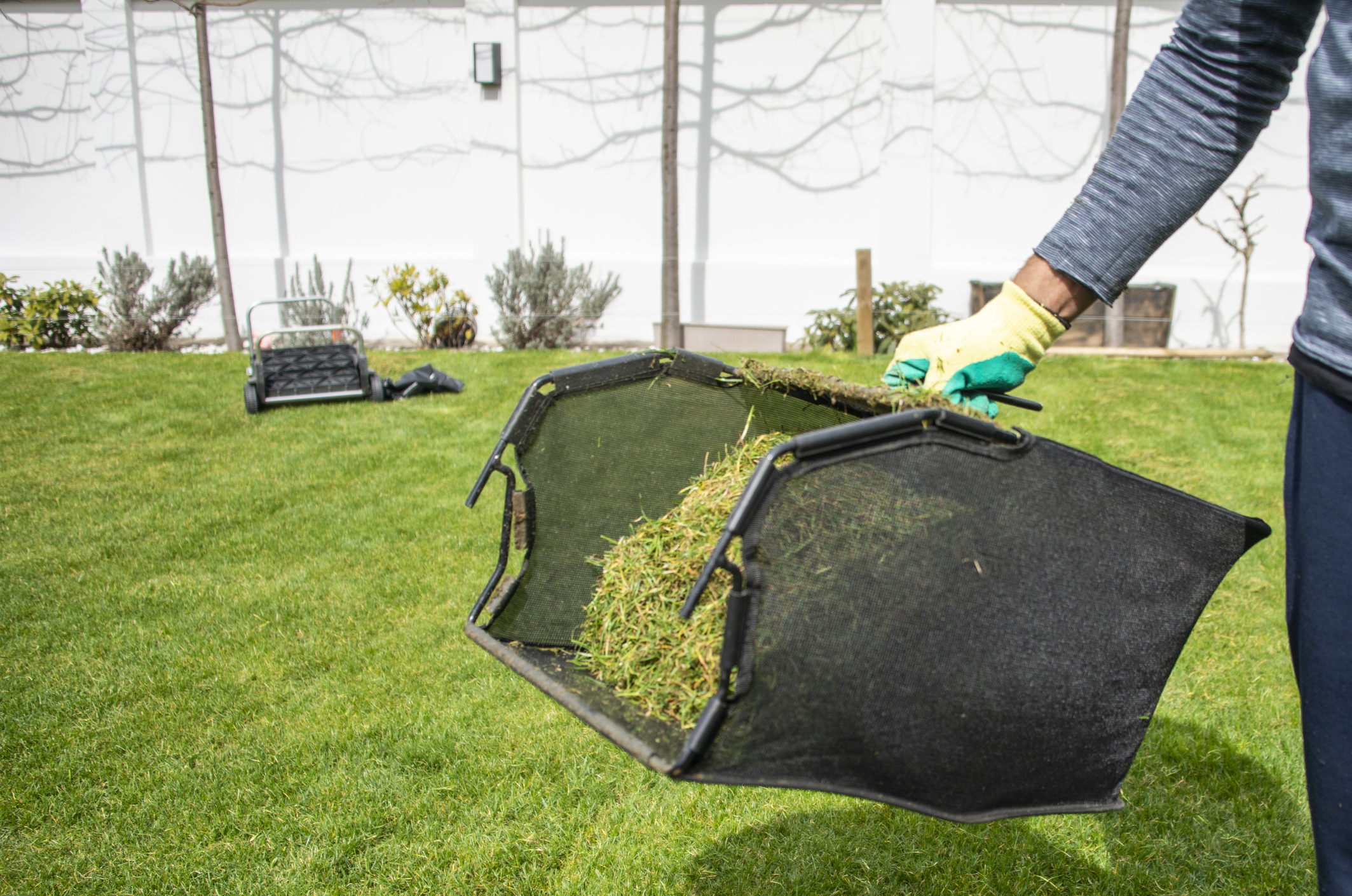
But Plantlife are clear on the benefits, highlighting the importance of garden lawns and green spaces against the decline of wild grassland habitats and wildflower meadows. Allowing wild plants to ‘get a foothold’ in May is in particular a boon for pollinators, such as bees and butterflies, which feed on plants throughout the summer.
And there is no doubt that insects need all the help they can get these days. Invertebrate charity Buglife have echoed Plantlife’s call, exhorting gardeners to be ‘less tidy’, after Bugs Matter, a citizen-science survey it ran together with the Kent Wildlife Trust, revealed that the number of flying insects has dropped by 60% in the past 17 years.
On top of that, it doesn't need to be an all-or-nothing approach to mowing. As well as holding off entirely in May, Plantlife suggests limiting mowing throughout summer and embracing a ‘layered approach’, with areas of different grass length.
'Wild plants and fungi are the foundation of life and shape the world we live in,’ says Plantlife director of conservation Nicola Hutchinson.
‘With an estimated 23 million gardens in the UK, how lawns are tended makes a huge difference to the prospects for wild plants and other wildlife. The simple action of taking the mower out of action for May can deliver big gains for Nature, communities and the climate, so we are encouraging all to liberate lawns as never before.’
Many other things can help too. Buglife’s Paul Hetherington believes people can help arrest the decline by reducing their environmental footprint, using alternatives to peat, avoiding pesticides and creating insect-friendly patches in their gardens. ‘We can all play a part by doing our own bit, even if that is only letting the grass grow longer and not clearing up the dead leaves or cutting back plants in the autumn. This “untidiness” provides shelter and over winter protection for so many of our important bugs.’
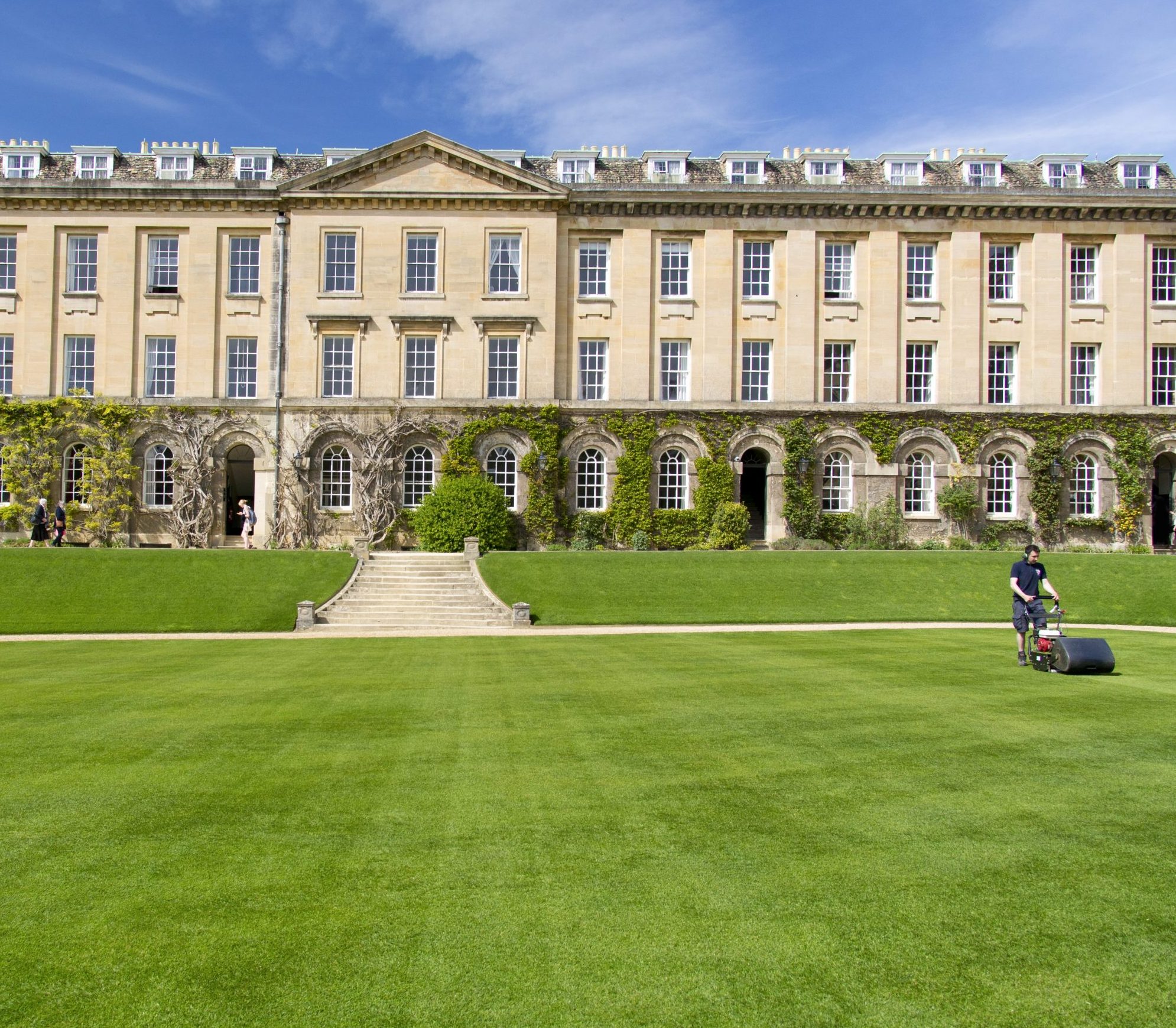
Should you mow your lawn?
Monty Don ruffled a few feathers recently when suggesting that we should just let our grass grow as long as
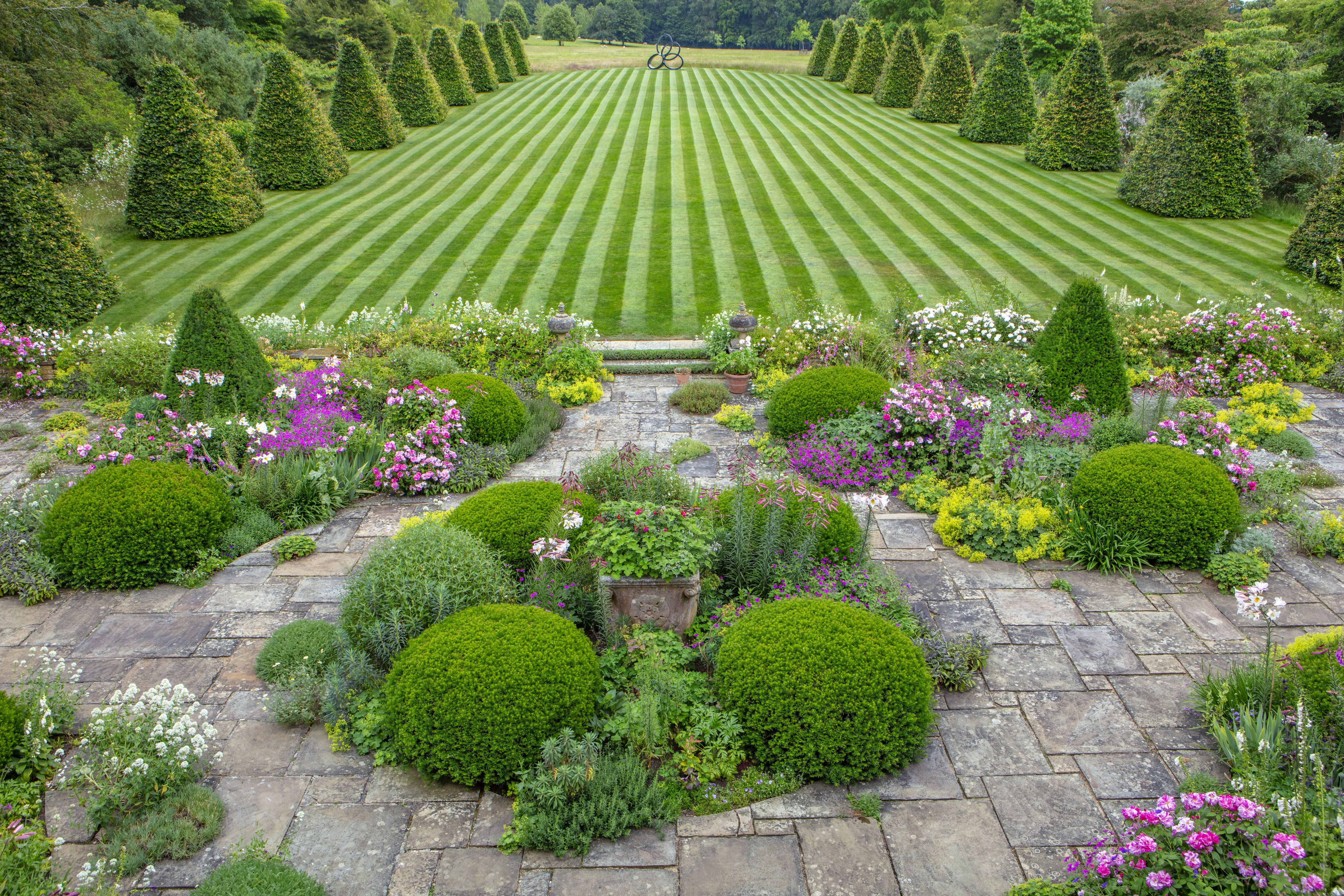
Credit: Clive Nichols
Charles Quest-Ritson: 'Our beautiful lawns are the envy of the world... and the idea of rewilding your garden is nonsense'
The neat stripes of British gardens, such as Rockcliffe Garden in Gloucestershire, are an art form that is admired across
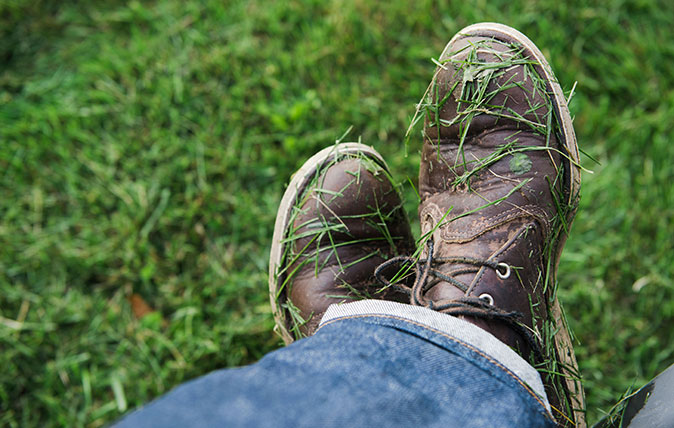
Credit: Alamy
Curious Questions: Why does freshly-mown grass smell so good?
Nothing says 'Spring is here' better than that wonderful aroma of newly-cut lawn. Martin Fone, author of 'Fifty Curious Questions',
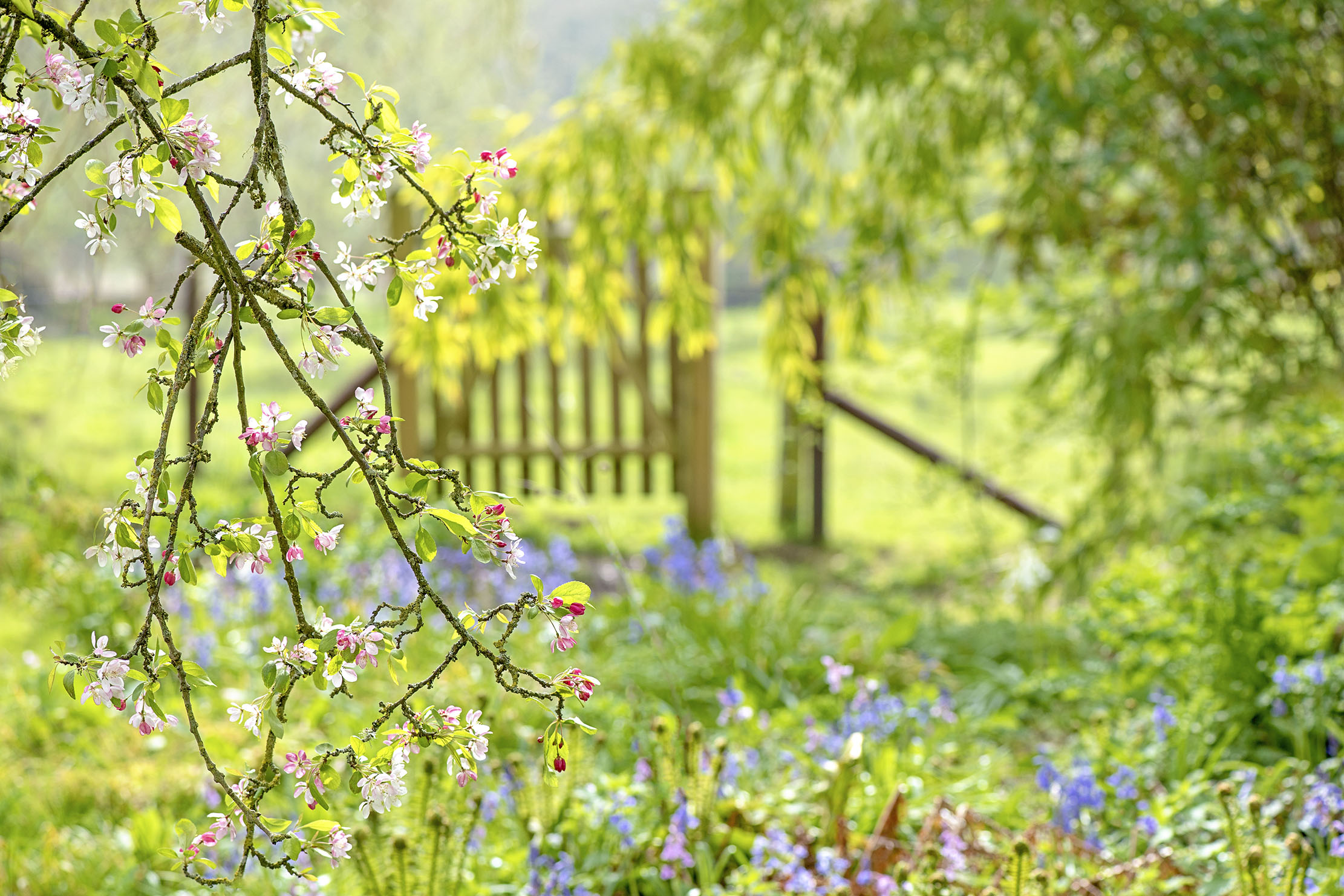
Credit: Jacky Parker Photography via Getty
Alan Titchmarsh: 'I share my patch with all manner of animals, birds, bees and butterflies, and creepy-crawlies — they have every right to be there, but so do I'
We should stop beating ourselves up and cultivate responsibly for wildlife and the environment, but also enjoy the pleasure of
Carla must be the only Italian that finds the English weather more congenial than her native country’s sunshine. An antique herself, she became Country Life’s Arts & Antiques editor in 2023 having previously covered, as a freelance journalist, heritage, conservation, history and property stories, for which she won a couple of awards. Her musical taste has never evolved past Puccini and she spends most of her time immersed in any century before the 20th.
